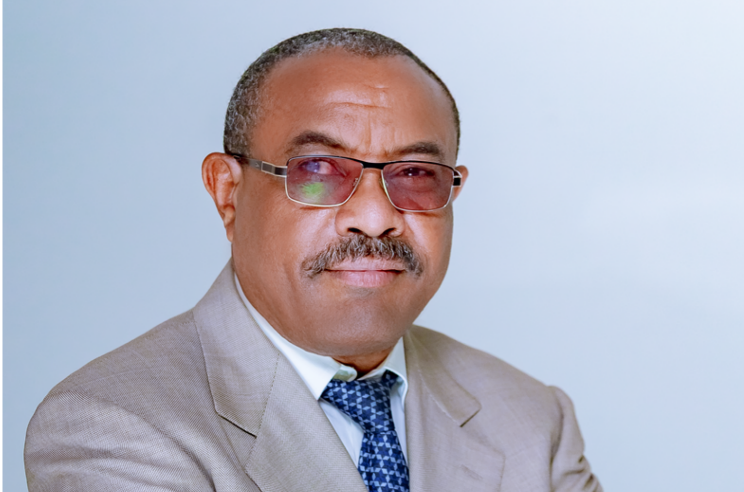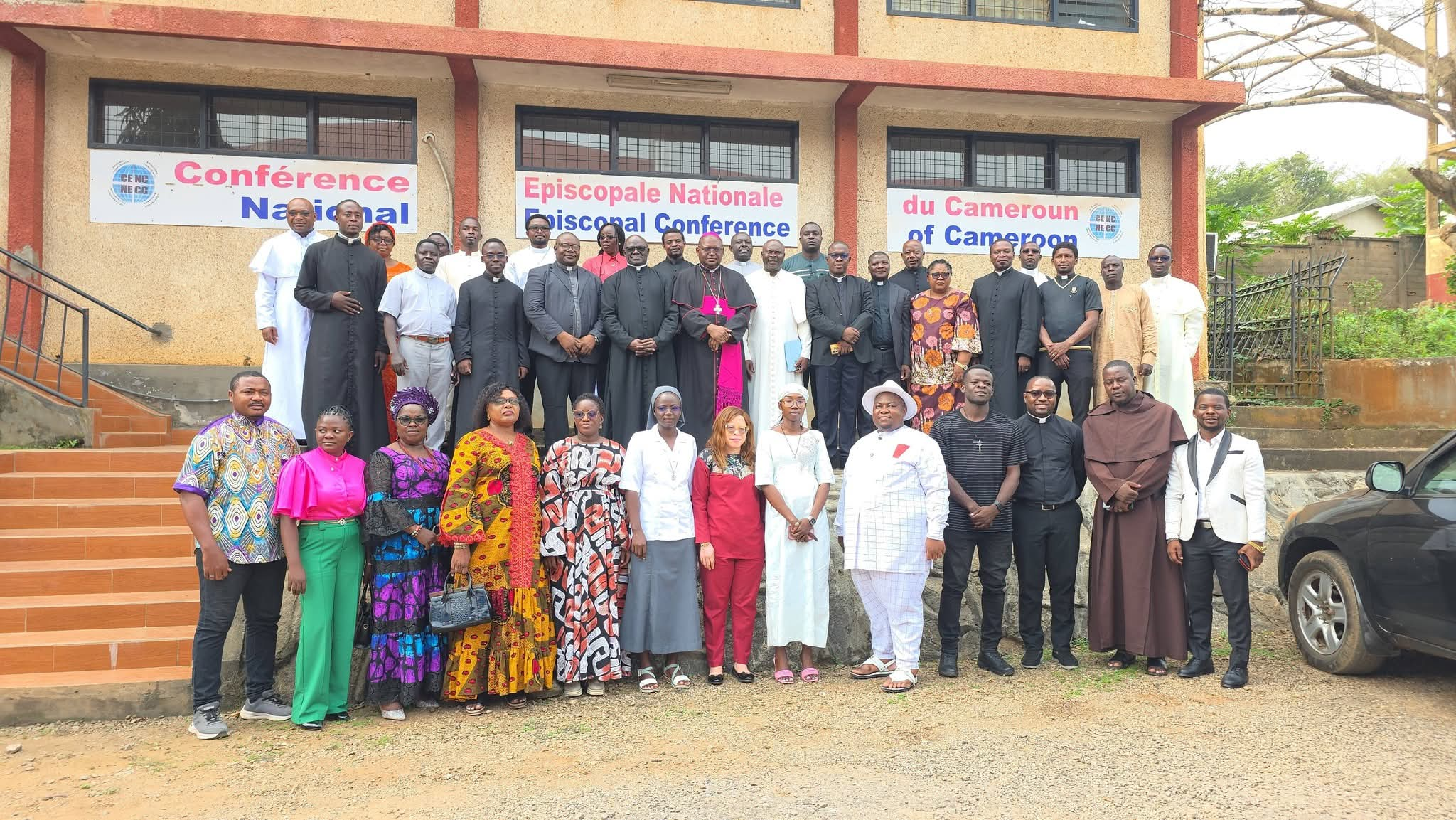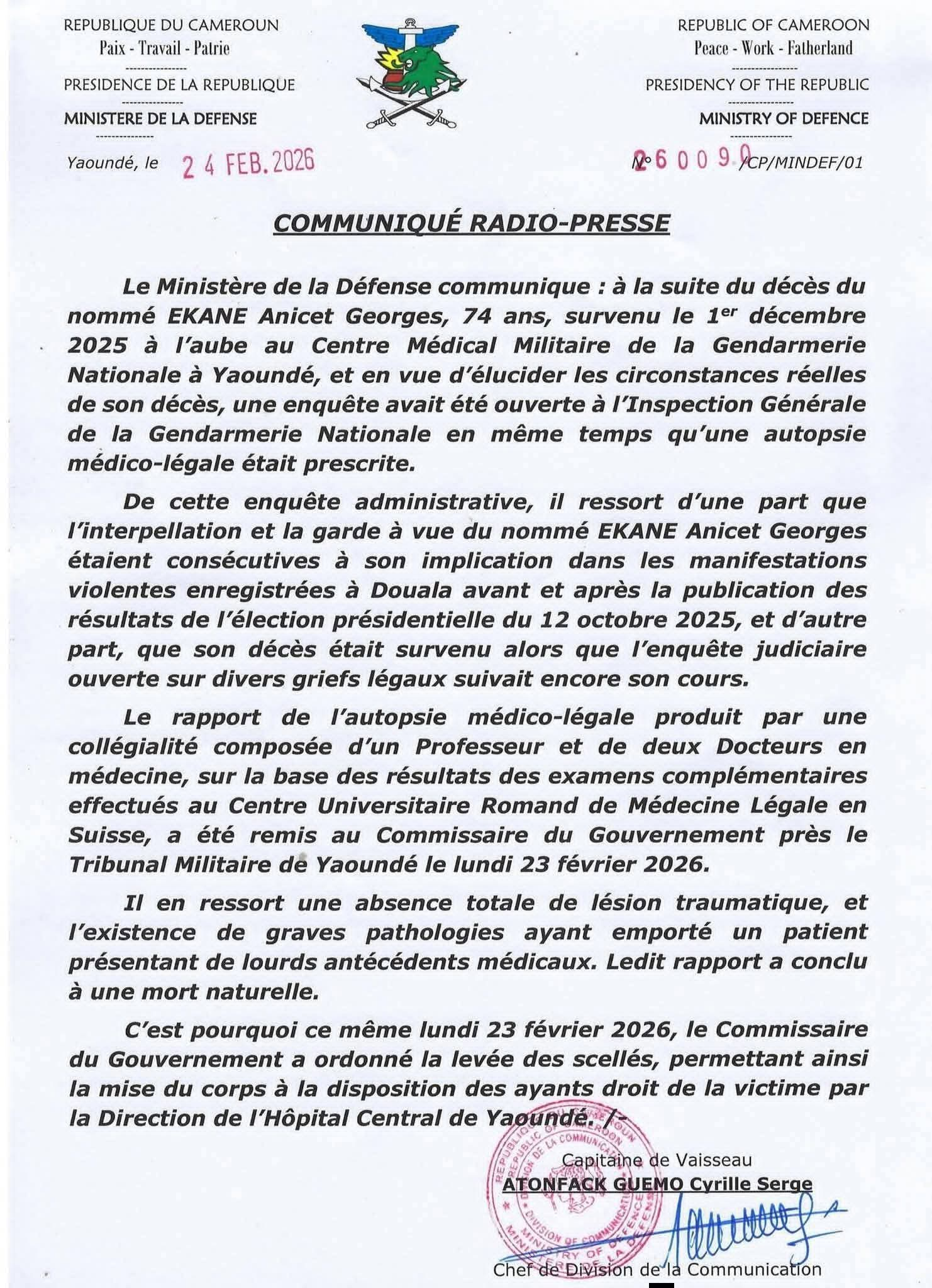In this exclusive interview with APA on the sidelines of the Dakar 2 Summit on Food Sovereignty and Resilience, Hailemariam Dessalegn, the chairman of the Alliance for a Green Revolution in Africa (AGRA), calls for more coordination, policies and investments in the agricultural sector and the transformation of food systems to guard against exogenous shocks. By Abdourahmane Diallo
Hunger is a reality in Africa and it is even gaining ground. How do you explain this?
HD: It is indeed terrible to see a family, wherever it is, struggling with hunger. As an African leader, I worked with others to agree, through the CAADP/Malabo Declaration, to work together as African countries to transform agriculture. We saw that there was enormous potential and ambition for change. We have seen good results – some countries have done much better than others. I have seen with my own eyes farmers on the ground – what happens when you get down to the basics. But the inconsistencies remain.
At the national and continental level, agriculture needs more coordination, policy and investment. There is now evidence that climate change has had a direct impact on farmers, consistently, year after year.
At AGRA, we have seen progress through coordinated public and private partnerships in sub-national areas where farmers had access to improved seeds, fertilisers, good agro-ecological practices, extension and mechanisation services, storage and markets.
However, in recent years, Africa has been disproportionately affected by multiple natural and man-made crises. From the Covid-19 pandemic to climate change to the Russia-Ukraine conflict, which has led to higher food and fertiliser prices, all of these factors have contributed to straining already stressed African food systems.
We risk reversing and, in some cases, eroding the progress made over the years, exacerbating food insecurity and malnutrition. We urgently need to transform food systems to make them more resilient to withstand such shocks in the future.
What is the point of the many summits, workshops and meetings if Africa still cannot feed its people?
HD: Africa is totally intertwined with global events and trade routes. We need the global community and forums to engage and work together to urgently transform African food systems. The multiple recent crises show this interconnections. But we are more effective if we work together and build on solutions that work and scale them up. Addressing food insecurity on the continent requires coordinated actions among multiple stakeholders.
The Dakar 2 Summit comes at a critical time when the continent faces many challenges, including rapid population growth, persistent economic inequality, threats from climate change, drought, youth unemployment, and malnutrition. As African countries prioritize food security, livelihoods, and economic growth, we must also address the threats of climate change and seize the opportunities of the green economy.
What can we expect from the Dakar 2 summit on sovereignty and resilience?
HD: We have come to mobilize high-level political commitment around production, markets and trade. We know that we need to increase and align government resources, development partners and private sector financing to achieve food security.
Most importantly, so many presidents and ministers have gathered in Dakar to work together to find solutions to Africa’s food security problems – led by the President of Senegal, who is also chairing the meeting. This shows the determination of African leaders to treat food security with the seriousness it demands. They have shown the need and importance of prioritising food security to rebound from the current food price crisis, and to do so in a way that also addresses climate challenges. Countries were particularly concerned about the issue of fertiliser – and committed to working together ahead of the African Union-led African Summit on Fertiliser and Soil Health in Dakar in June.
Among the key outcomes of the summit was the development of national food and agriculture pacts by 40 African member states, 10 of them with technical assistance from AGRA. Other institutions that have supported countries in this process are FAO and IFAD, which demonstrate the need to invest in a range of value chains, including rice, wheat, soybeans and poultry.
The financial and economic analysis undertaken on the agreements for these investments shows that the rice value chain, for example, requires between US$13 million and US$684 million, poultry US$30 million to US$108 million and wheat US$15 million to US$100 million. These are significant opportunities to engage the private sector, and the countries present did so, while indicating what they would do differently to improve the policy and working environment.
Isn’t it time to move on to concrete, game-changing actions?
HD: Leaders are making progress in renewing their financial and policy commitments to invest in food system strategies – and we need to build on these commitments. The continent realises that it must find ways to produce fertiliser and sustainably increase domestic production of staple foods like wheat to protect against disruptions.
We need investment – this summit has given clear flagship projects and incentives to make this happen.
AGRA says it is helping African countries design national agricultural investment plans and strategies. What are the main measures that AGRA is promoting and the results that have been achieved after their implementation?
HD: AGRA helps countries design strategies and investment plans based on their food systems, their own commitments and their vision of what they want to do. AGRA does not have an agenda, other than to build capacity for implementation – in an otherwise highly technical area. Part of these strategies will improve farmers’ access to more productive, high-yielding, disease-resistant, high-yielding, early-maturing, and drought-tolerant seed varieties. AGRA supports sustainable agricultural practices that strike the right balance between feeding people and managing the environment, as well as a comprehensive food systems approach as the future of agriculture in Africa.
AGRA’s new 2030 strategy aims to help governments fight hunger and poverty by strengthening African food systems, which have been devastated by a decade of multiple crises. These events have created an urgent need for accelerated agricultural transformation and rapid strengthening of food systems.
AGRA’s new strategy aims to build on previous achievements to improve Africa’s food systems. AGRA has directly impacted the lives of more than 11 million farmers and indirectly impacted 26 million through its work on policy, state capacity and partnerships. The organisation has facilitated 42 policy reforms, supported 11 national flagship programs, and mobilised $1.4 billion in investments.
In addition, AGRA has trained more than 35,000 village-based advisors, resulting in high levels of adoption for farmers supported by the sustainable village-based advisor (VBA) model. 75 percent of the 11 million farmers have adopted fertiliser use, 48 percent have adopted improved seeds, and 60 percent have adopted post-harvest practices. These efforts have helped improve the performance of African food systems, but further transformations are needed to achieve sustainable growth.
Several agricultural technologies are being developed, but small-scale producers decry their exorbitant cost. What can be done about this?
HD: AGRA-supported technologies are high-yielding and generally low-cost, including good agricultural practices and climate-smart farming practices. We have seen farmers adopt improved inputs and practices, and see significant impacts. Information and knowledge are vital – so AGRA and many partners have shown how to reach farmers at the village level. Government subsidies or grants can help small farmers acquire expensive agricultural technologies. Microfinance programs can help small farmers obtain loans to purchase expensive technologies. The development and promotion of appropriate, low-cost technologies for small farmers can also help improve access to needed tools and equipment.
This also represents an opportunity for public-private partnerships, where the private sector invests in new technologies and shares them with smallholder farmers through agro-dealer networks and farmer service centers. The development and promotion of open source agricultural technologies can also help reduce costs for small farmers. Farmers must have access to affordable technologies to produce resilient, quality crops and have a fair chance to benefit from the fruits of their labour.
In most African countries, the means used in agriculture remain mostly archaic. Isn’t the transformation of agricultural systems the main problem?
HD:
I am very optimistic that change in agriculture is both possible and necessary. I have seen this in Ethiopia – my own country – and in my travels across the continent. To address the challenges facing African food systems, all actors must work together, pooling local and global efforts, to build resilience in food systems to challenges such as climate change and other shocks, and to catalyse productivity improvements. We want to transform food systems and need the support, partnership and contributions of the rest of the world.




